
Curtis Fuller: Brief Biography, Music Career and Collaborations

An American trombonist, Curtis Fuller was a noticeable musician in the jazz scene during the 1950s and 1960s, playing as both a sideman and a leader, and performing with many influential jazz bands of that time. In this article, we are exploring key aspects of his biography, collaboration, and music career.

Curtis Fuller’s Early Years
Curtis Fuller’s parents came from Jamaica, however after their death he grew up in the orphanage run by Jesuits in Detroit. The interest to jazz sparked after he saw Illinois Jacquet and his band, where J. J. Johnson played a trombone.
Before starting to learn how to play a trombone, Curtis tried a violin but it didn’t work for him. Since his teacher was a reed player and couldn’t teach Curtis anything about the brass instruments, he had to explore them by himself. Curtis was learning by experimenting, making mistakes and practicing a lot. With the little money, he invested all he had in educational books about brass instruments and tried to do his best in mastering a trombone.

Curtis Fuller’s Career and Collaborations
The musician served in the US Army from 1953 until 1955. During that time, he performed with Paul Chambers and brothers Cannonball and Nat Adderley. After finishing his military service, he became a member of Yusef Lateef’s quintet, a multi-instrumentalist from Detroit.

He had his first recorded session as a leader with this quintet for a jazz record company, Prestige, after they moved to New York. It was a period where everything changed for Curtis for the better. During the first nine months in New York, he managed to record eight times as a leader or co-leader on 15 other recordings, including John Coltrane's album “Blue Train”. His big tone added more depth to the sounds of a saxophone and trumpet.

Curtis Fuller was a trombonist of the Art Farmer-Benny Golson Jazztet. In 1961, he joined the famous Art Blakey's Jazz Messengers as their sixth member. Playing with the Jazz Messengers, he contributed to many classic jazz recordings. He played with this band until 1965.

He performed with Dizzy Gillespie's band in the late 1960s, and was on tour with jazz pianist and organist Count Basie. Furthermore, he also played with The Timeless All Stars and tried himself as a teacher at the Hartt School.
Fuller was recognized with many awards for his contribution, including an honorary doctorate of music from Berklee College of Music and the highest and most prestigious jazz award, the NEA Jazz Master.
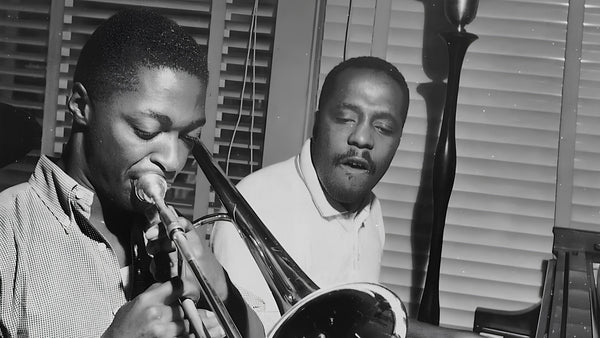
He passed away at the age of 88, but his legacy remains alive. He is considered one of the most accomplished trombonists, whose rich tone, technical proficiency, and inventive improvisations left a noticeable mark on the hard bop movement.

Conclusion
Curtis Fuller’s music still has a great impact on jazz musicians, as his recordings remain the endless source of inspiration.
Do you want to learn more about other influential figures in jazz? At our website you can find articles about other musicians, including Dennis Brain, Ron Carter, Buddy Rich, Herbie Mann and others.
To explore more about Curtis Fuller’s life, career and legacy, check out the following authoritative sources:
Curtis Fuller – NEA Jazz Master profile – official biography and honours.
Curtis Fuller – Wikipedia – detailed overview of his early years, recordings and collaborations.





 https://mgleatherwork.com/pages/about-us
https://mgleatherwork.com/pages/about-us

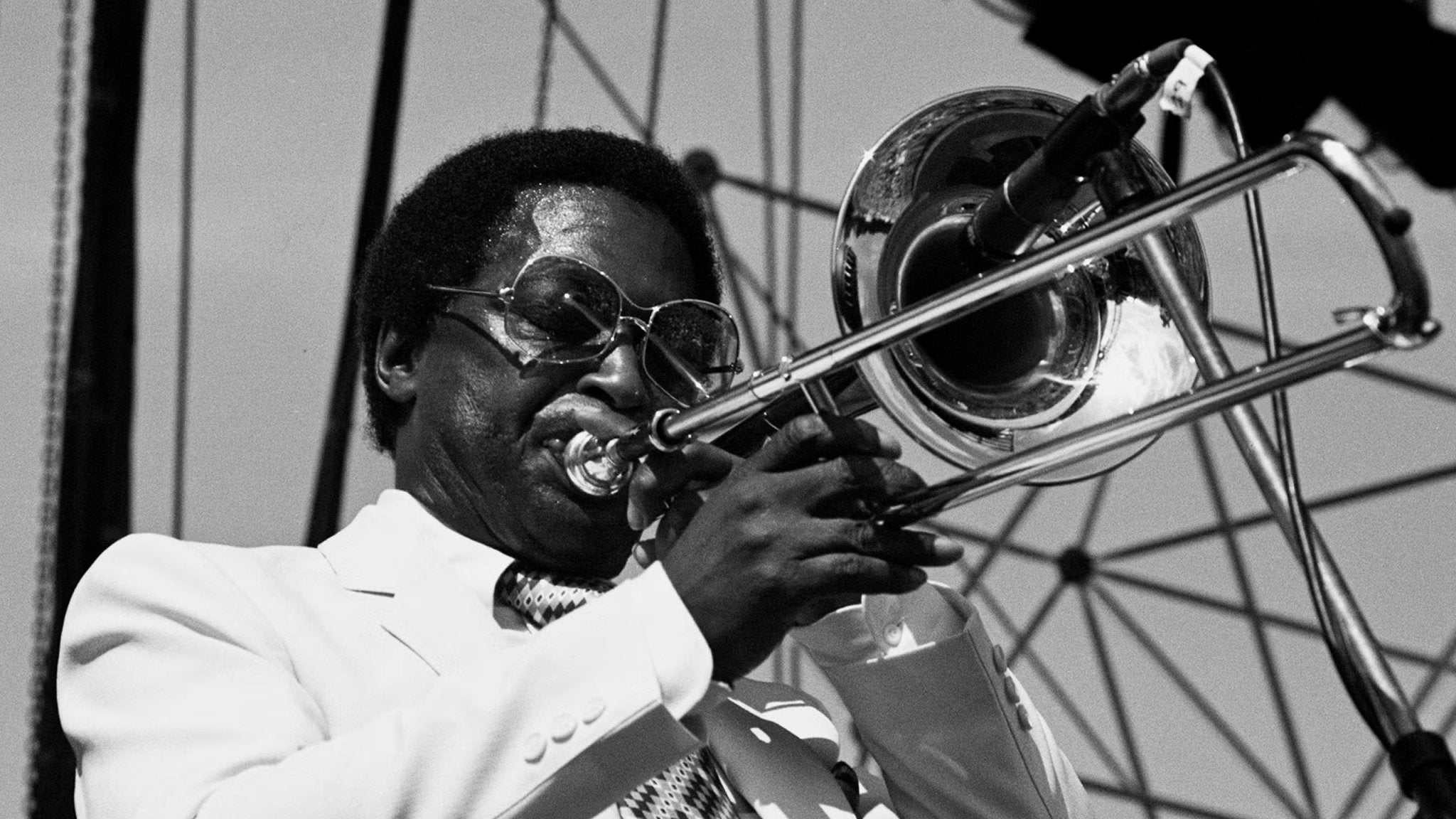
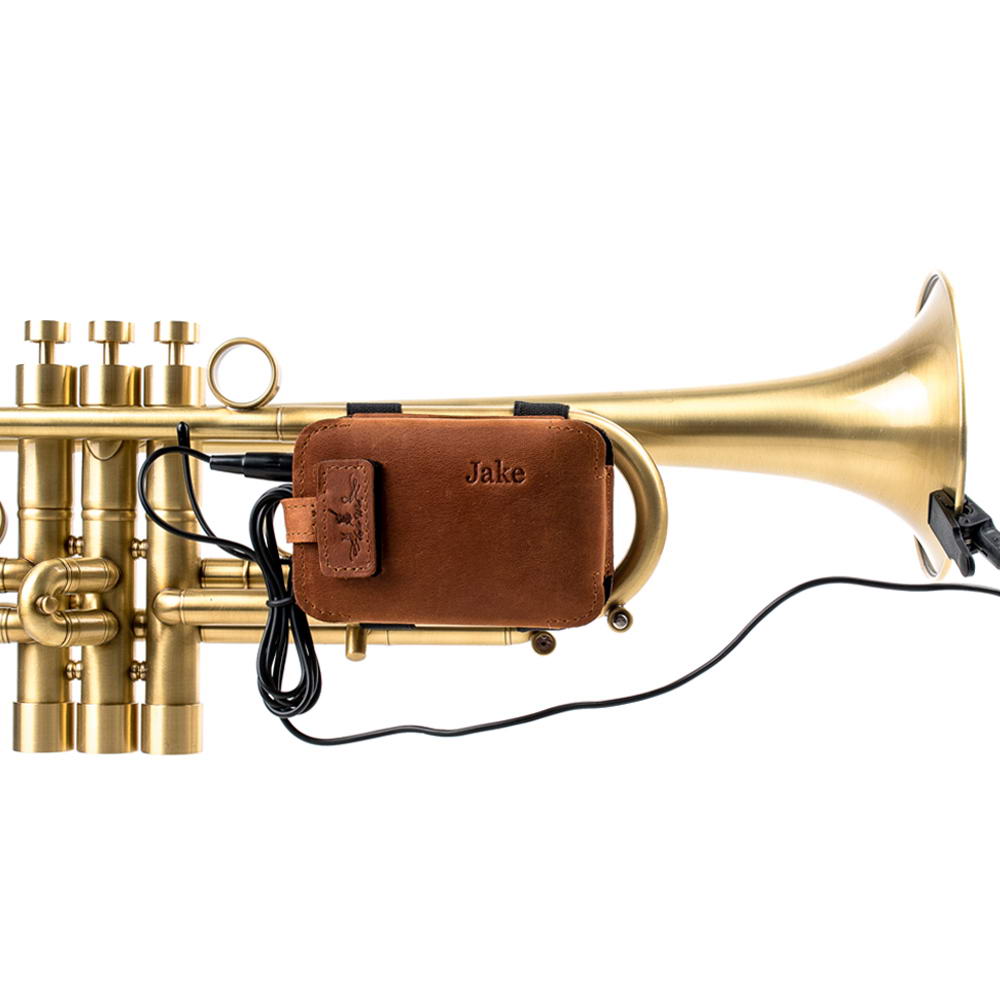
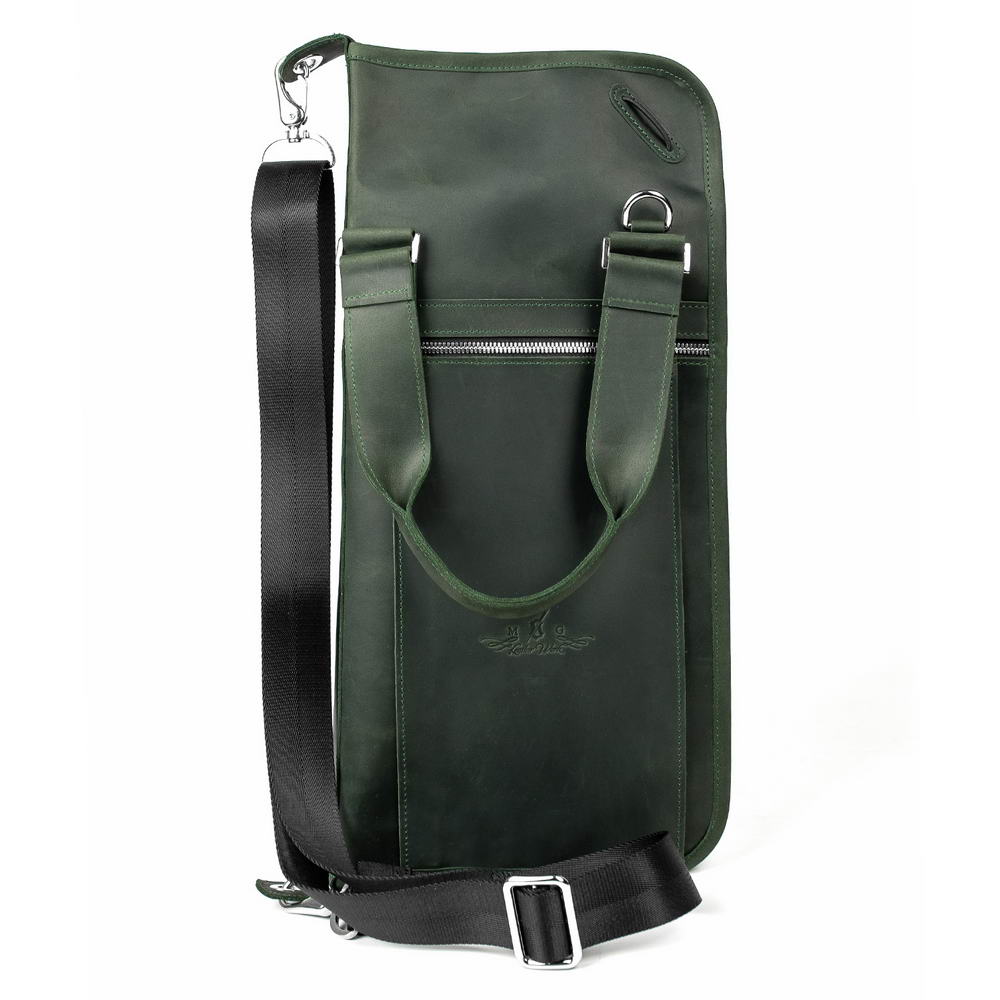
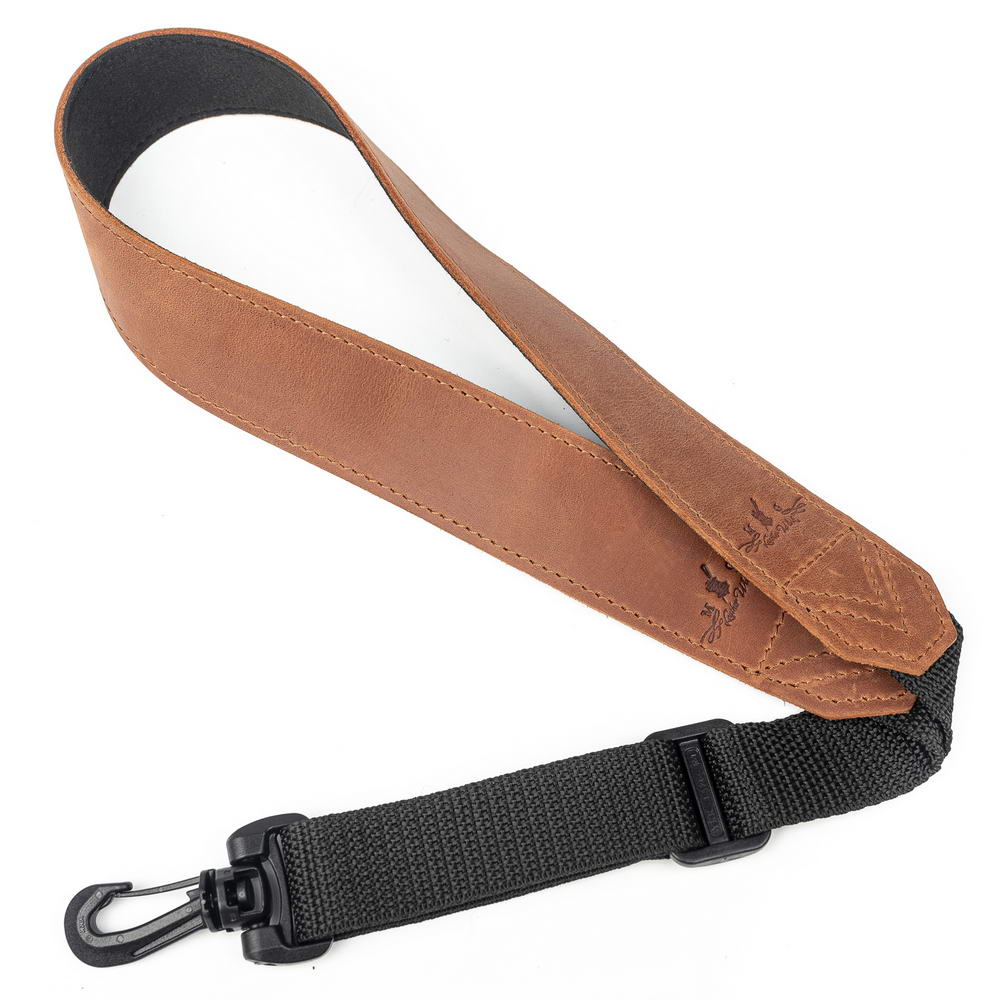
2 comments
I played with Curtis. First with Tito Puente where I played lead Alto saxophone. Then Curtis invited me to come down to the Star Cafe on 14th street in Manhattan. He and Junior Cook played a regular gig 1 night every week. I played tenor with them. I was VERY honored and I learned really a lot from those two masters and wonderful people!
Bob Rockwell
I played with Curtis. First with Tito Puente where I played lead Alto saxophone. Then Curtis invited me to come down to the Star Cafe on 14th street in Manhattan. He and Junior Cook played a regular gig 1 night every week. I played tenor with them. I was VERY honored and I learned really a lot from those two masters and wonderful people!
Bob Rockwell
Leave a comment
This site is protected by hCaptcha and the hCaptcha Privacy Policy and Terms of Service apply.